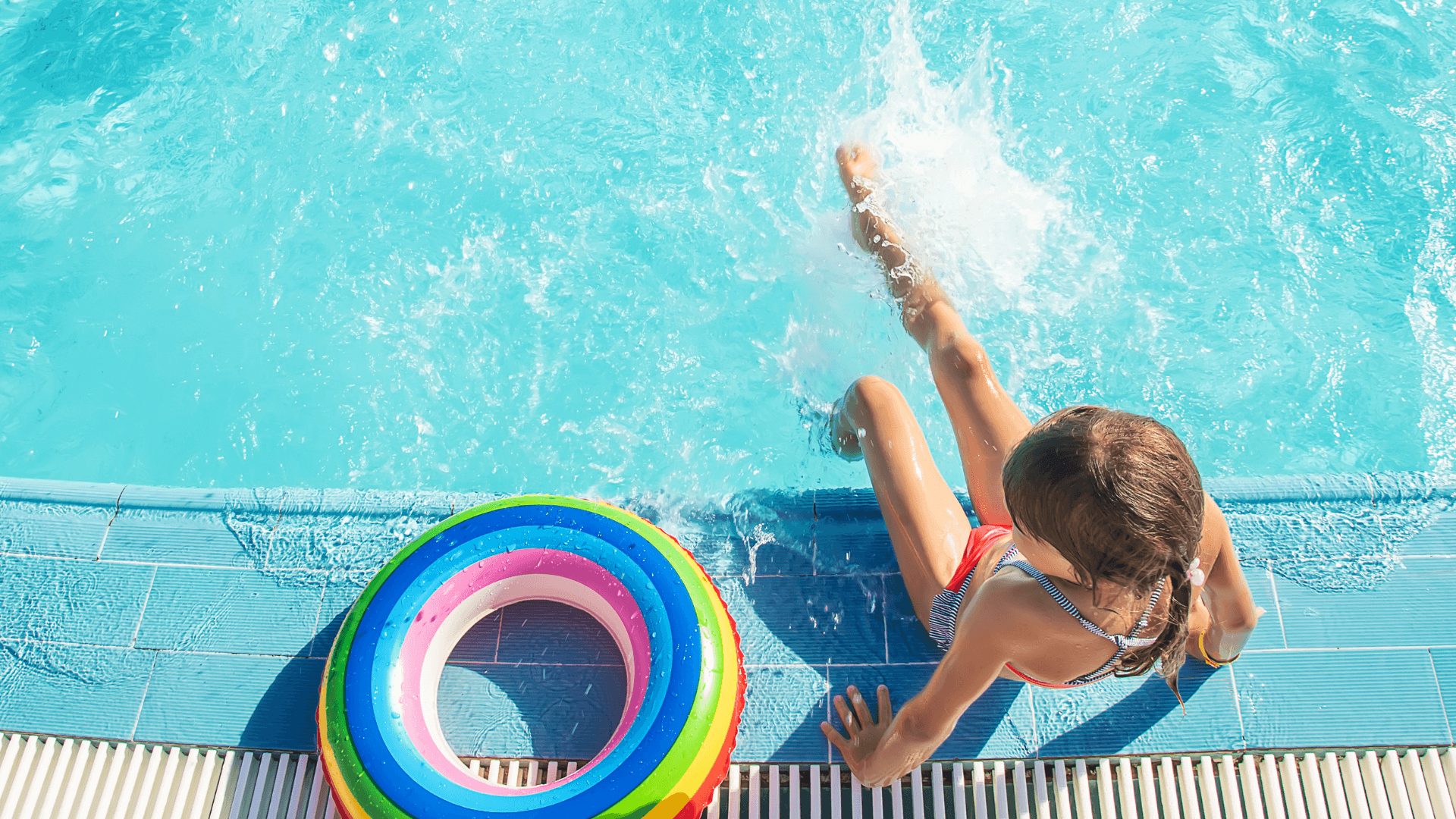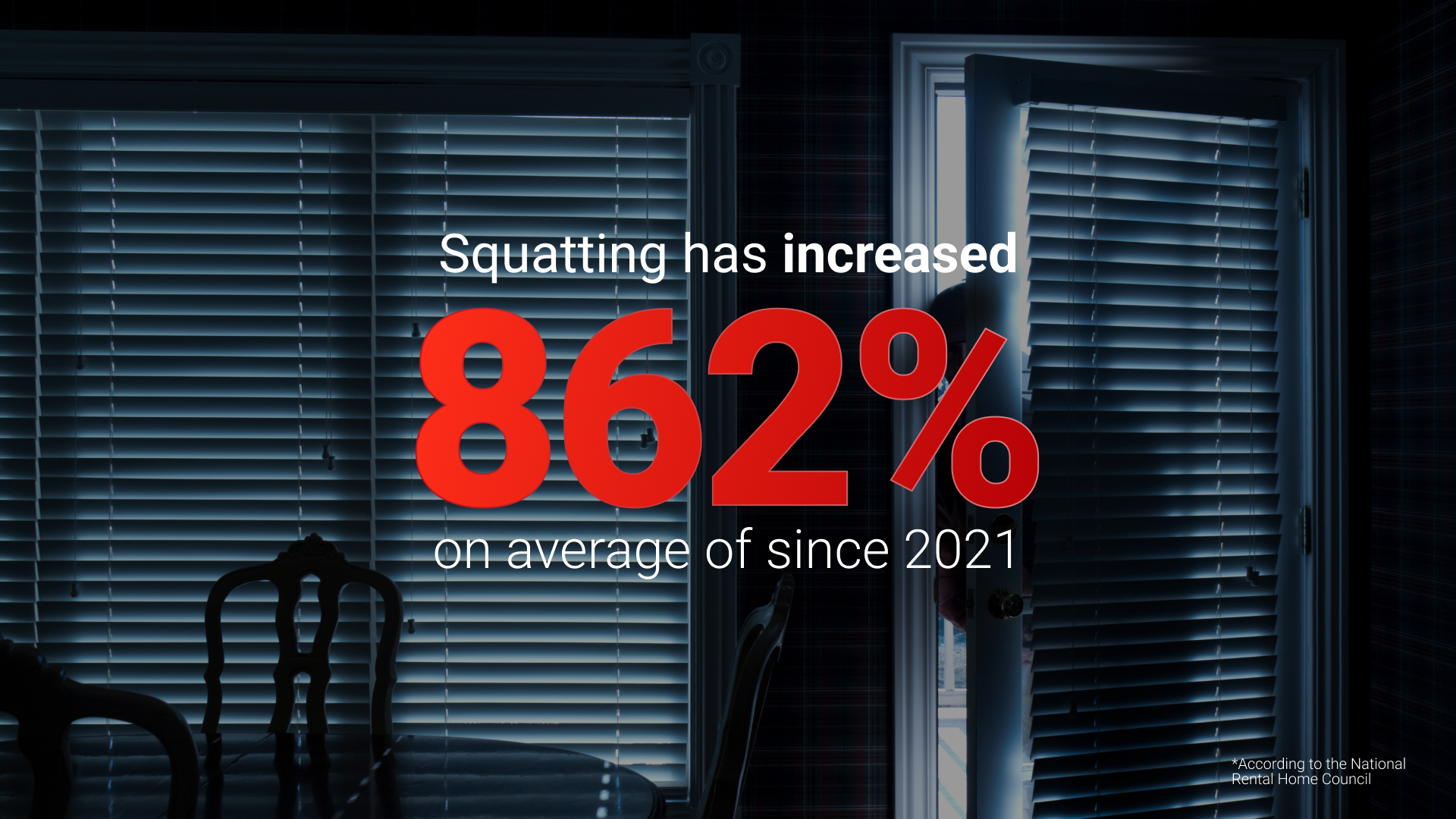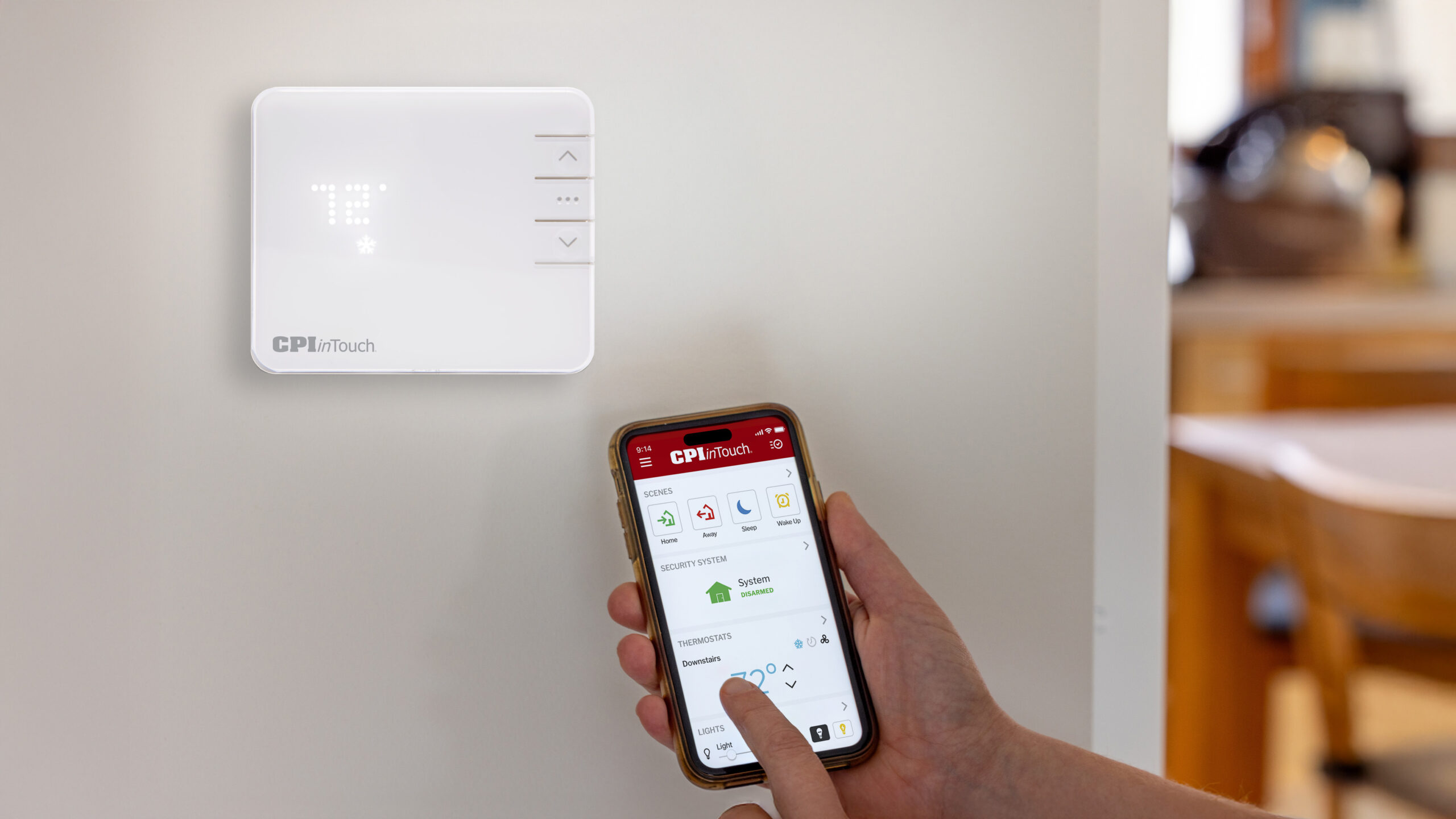Swimming pools can be great fun for the whole family, but they also present some safety risks. According to statistics from the Centers for Disease Control and Prevention (CDC), drowning is one of the leading causes of death in children ages 1-4. An average of ~4,000 fatal drownings occur yearly. With this in mind, it’s essential to make your pool as safe as possible. To help, we’ve outlined pool safety tips, tactics, and best practices to help keep your family protected.
5 Pool Safety Tips to Help Keep Your Family Safe
1: Secure The Perimeter
2: Invest in a Pool Cover
3: Establish The Pool Rules
4: Teach Children How To Swim
5: Keep Your Pool Clean
Tip 1: Secure The Perimeter
The first step to ensuring a safe and secure pool is to install a fence surrounding the perimeter. As a best practice, it’s recommended to build the fence at least 4 feet high with slats no longer than 4 inches wide. This combo will help to keep toddlers and pets from either squeezing through the fence or trying to climb over it.
A traditional backyard fence most likely won’t cover it for pool safety. It may keep unwanted guests from accessing the pool. However, you still need a barrier to help keep your family safe, especially if you have small children or pets. If you don’t want to add a fence around your pool, consider installing a pool safety cover. More on that in our next tip.
If you opt for a fence around your pool, consider installing lockable gates/doors to offer additional security with your outdoor fence. It may seem bothersome to have to unlock the family pool every time you want to use it, but this added step can help to deter children from accessing the pool without your knowledge.
A further step would be to install an outdoor security camera to keep an eye on your pool when you aren’t home. This way, you can spot-check if someone is using the pool and take action accordingly.
Tip 2: Invest in a Pool Cover
Pool covers can go a long way toward preventing accidents. And that peace of mind is worth having to remove a cover each time you want to swim. If you know you aren’t going to use the pool for an extended period, the pool safety cover is a great option. Today, many pool covers can be removed or put back on with a simple flick of a switch, thanks to automatic pool covers.
When selecting a pool cover, opt for a tight cover that fits appropriately onto your pool. Be sure to keep any snow, ice, and leaves from accumulating on top of the cover. They could push the surface into the water, negating the protective benefits.
Tip 3: Establish The Pool Rules
Once you’ve taken steps to secure your pool from accidental impromptu swims, it’s crucial to establish pool rules. Make sure your family and guests adhere to your rules and know any updates.
A few standard rules include:
- No Running Around The Pool
- Controlling Horseplay In and Out of the Water
- No Diving in Shallow Areas
- No Glass in the Pool Area
Tip 4: Teach Children How To Swim
If you have children in the house and you have the pool, make sure they feel comfortable in the water and getting out of the water. You don’t need to start training them for the Olympics but ensure that they have a handle on the basics.
You should also help them understand the dangers of the water (drowning, slipping, falling, etc.). This helps ensure that they have a healthy respect for the pool. CPR training may also be a good practice to work into the training for anyone that regularly uses the pool. Consider taking water safety classes or courses with your children, so they know the basics of swimming and pool safety.
Tip 5: Keep Your Pool Clean
Finally, you’ll want to regularly clean and inspect your pool for potential issues. This includes checking the water’s chemical balance and inspecting the pool equipment. Regular maintenance helps keep your pool in top condition and make it as safe as possible.
You’ll also need to keep your pool tools organized and stored when not in use. A carelessly tossed diving baton, pool net, or float could result in an unfortunate slip-and-fall. Dry your toys/floating devices before storing them to ensure they don’t grow mold.
By taking these pool safety steps, you can help ensure your pool is a safe place for everyone to enjoy. Remember: water safety should always be a priority for swimming pools. With the proper precautions, you can help ensure your family stays safe, making beautiful memories in your home pool.
If you’d like to learn more about ways to keep an eye on your outdoor pool with cameras and more smart home security devices, we can help! Contact us today to take advantage of our monthly promotions and invest in your home security.




